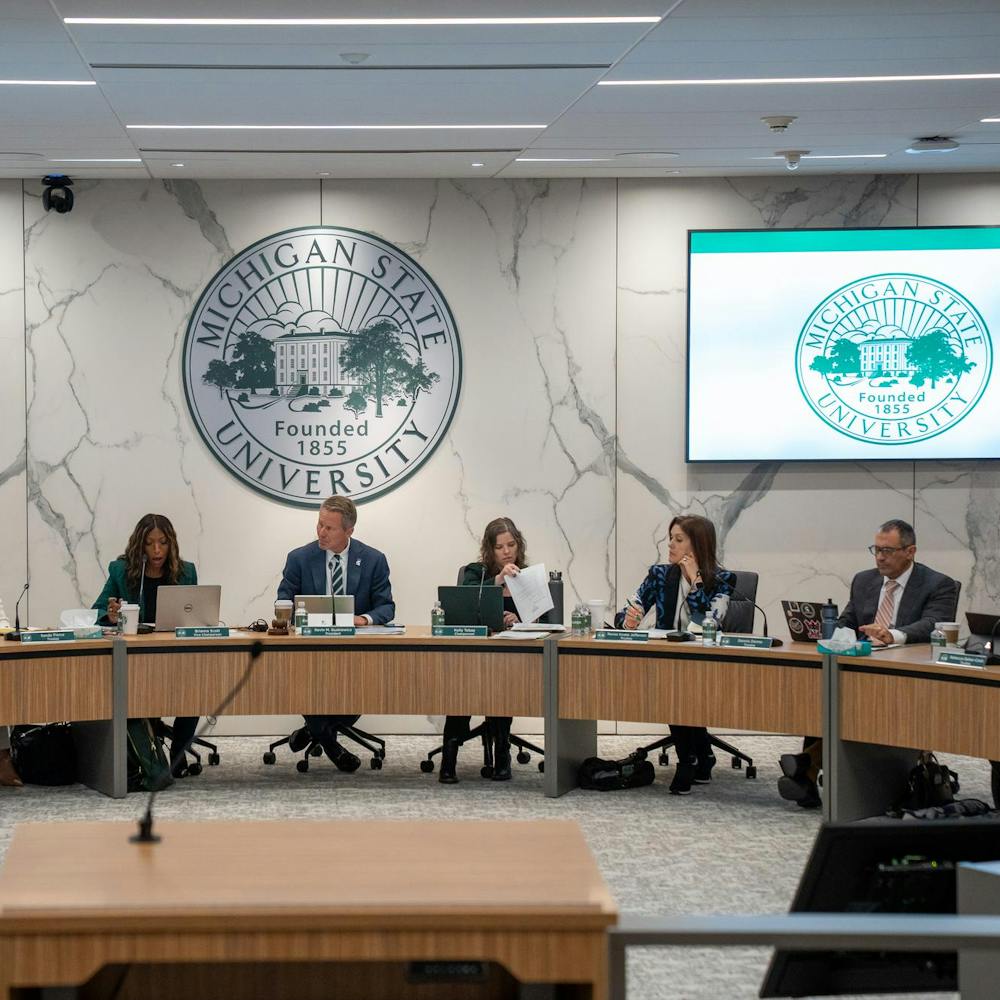Cairo, Egypt — I arrived home to Egypt excited about my summer and looking forward to interning at a local independent, English-speaking newspaper, not knowing that my summer would be packed with politics — whether I liked it or not.
My first encounter with the demonstrations that led to the ouster of Egypt’s former President Mohamed Morsi was a couple days after I arrived home in May. I read some graffiti on the walls of the Cairo Opera House: “June 30, the last chance for peacefulness.” I wasn’t quite sure what it meant, but while I was preparing story ideas for my first day at work I learned about the Tamarod, or “rebellion” movement. The movement was gathering signatures for a petition that would withdraw confidence from Morsi and call for early presidential elections. Its goal was to collect 15 million signatures before June 30.
Soon enough, there were weekly clashes between the coordinators of the movement and members of the Muslim Brotherhood, the group which former President Morsi was part of, and its political wing, the Freedom and Justice Party. The clashes became more and more frequent until June 28, when pro-Morsi protesters started a sit-in by Cairo’s Rabaa el-Adaweya Mosque.
On June 29, Tamarod announced that they collected more than 22 million signatures, which frankly gave a lot of hope to Egyptians who were against the president and his followers.
I was determined to go out and protest in Tahrir Square, as I didn’t have the chance to do so Jan. 25, 2011, because my mum wouldn’t let me. This time, I took advantage of my newspaper internship. I left my house that morning for work, and around 4 p.m. I left the office to report from the field.
I said not a word to my mum. I felt her nervousness and fear in that morning as I was leaving, and I can’t deny that I was feeling a kind of fear as well since we didn’t know what to expect.
I went to the square and there was a euphoric and an extremely optimistic air to the protest. The number of people flowing into the square was great, and people kept marching into the square until late at night. That day I went home extremely proud to be Egyptian, as I always am.
We got rid of former president Hosni Mubarak in 2011 in about two weeks; with Morsi it took only days. The reason for this accelerated ouster was the army, bringing us to the eternal question: Was this a coup d’état or not?
The answer is, “No.” And it was echoed by many political analysts and diplomatic delegations, including an African Union delegation.
As an Egyptian, I cannot say where Egypt is headed, but I can tell that it would take us a long time to get our conflicts settled and go back to normal. What really bothers me now is the hatred that both sides, opponents and supporter, have for each other. A lot of Egyptians now want to declare the Muslim Brotherhood as a terrorist group. Personally, I have mixed feelings about it. It would be unfair to call them terrorists, since you cannot generalize, although their head figures made outrageous and violent statements after Morsi was removed.
Many Egyptians also are against reconciliation with the Brotherhood and its political party, saying that members should be put in prison like Mubarak and the presidents before him.
I don’t want to seem like I’m supporting the Brotherhood. In my opinion, its leaders are not to be trusted.
Since the revolution in 2011, they have done the exact opposite of what they originally asserted.
I do not see this as a solution.
I just want Egyptians to take a step back and look at the matter in a more realistic way. The Brotherhood getting involved in politics again is out of the question since the majority of Egyptians refuse the idea of dealing with them in everyday life, but societal reconciliation and dialogue is a must at this point. It is the only way out of this. Or else, we could be facing the rise of a new terrorist group.
Nolly Dakroury is a State News staff writer and journalism junior. She can be reached at dakroury@msu.edu.
Support student media!
Please consider donating to The State News and help fund the future of journalism.
Discussion
Share and discuss “For Egyptian student, a summer of ousted leaders and uncertainty” on social media.






